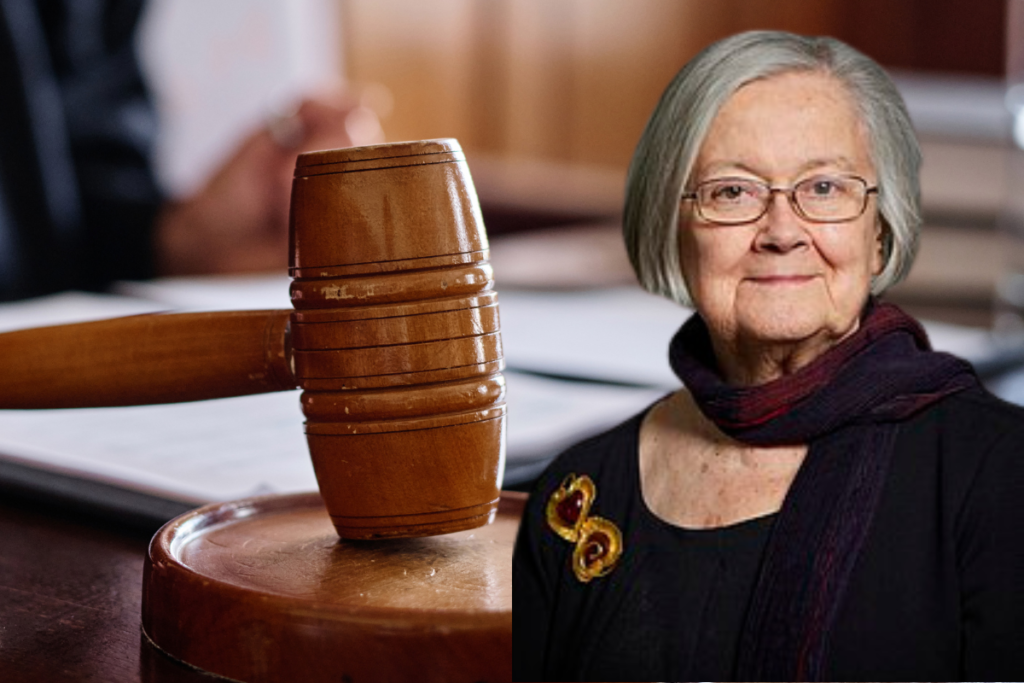In a development that could shift the trajectory of the long-standing conflict, Hamas and Israel reached a historic agreement on Thursday, announcing a truce and a prisoner-of-war exchange deal. The accord comes after weeks of escalated hostilities, bringing a temporary cessation of violence and hope for renewed dialogue in the volatile region.
The deal, brokered with the assistance of international mediators, will see Hamas release a significant number of Israeli hostages in exchange for Palestinians detained in Israeli prisons. It is unclear how many individuals will be part of the exchange, but sources close to the negotiation suggest that the numbers are substantial on both sides.
The Turning Point
The agreement was reportedly finalized late Wednesday night in an undisclosed location, with Egyptian and Qatari diplomats playing a crucial role in bridging the gap between the two sides. Israeli officials confirmed that the cabinet approved the terms in an emergency session, while Hamas leaders publicly endorsed the deal in a statement from Gaza.
This marks the first significant agreement between the two parties in nearly a decade. For weeks, Gaza and southern Israel have been the sites of devastating airstrikes and rocket attacks, leaving hundreds dead and many more displaced.
Reactions from Both Sides
In Tel Aviv, news of the agreement brought mixed reactions. While some Israelis celebrated the potential release of loved ones, others voiced concerns about the broader implications of negotiating with Hamas. Prime Minister Benjamin Netanyahu called the deal “a necessary step to safeguard Israeli lives and pursue a path to stability.”
Hamas officials described the truce as a “victory for the Palestinian cause.” Addressing a crowd in Gaza, a spokesperson said the agreement underscores the group’s ability to exert pressure on Israel to meet its demands.
The Path Forward
While the truce offers a temporary reprieve, analysts warn that the deep-seated animosities between Hamas and Israel remain unresolved. The deal does not address larger issues, such as the blockade of Gaza, settlement expansion, or the political future of the Palestinian territories.
“This is not peace; it’s an armistice,” said Shira Cohen, a Middle East analyst at Tel Aviv University. “It buys time, but it doesn’t address the root causes of the conflict.”
International Implications
The truce and prisoner swap are expected to have far-reaching implications for the region. The Biden administration, which has largely refrained from direct involvement in the conflict, issued a statement supporting the deal while urging both sides to engage in long-term peace talks.
The United Nations praised the agreement but emphasized the importance of addressing humanitarian concerns in Gaza, where living conditions have deteriorated dramatically in recent months.
A Fragile Ceasefire
As both sides prepare for the logistical challenges of the prisoner exchange, concerns remain over the durability of the truce. Past agreements have often unraveled, with sporadic violence reigniting within weeks.
For now, however, the deal represents a rare moment of compromise in a region where such moments are few and far between. Whether it will serve as a stepping stone to broader peace remains uncertain, but for those directly impacted, it offers a glimmer of hope amid decades of despair.



